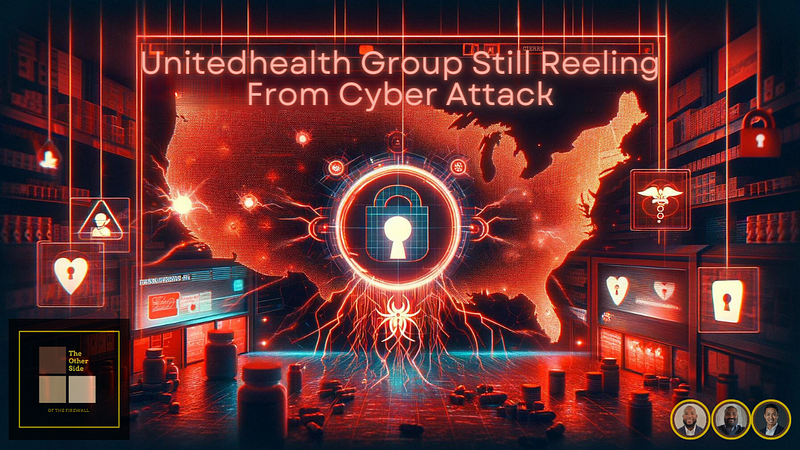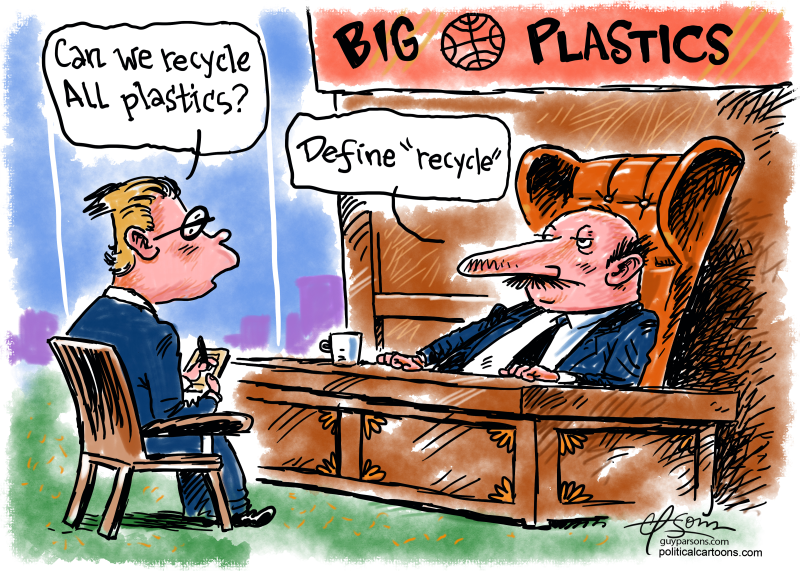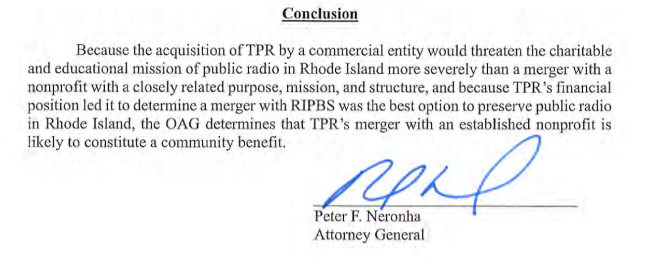There’s a reason the right-wing justices are eager to support Trump’s senseless arguments on presidential immunity.
MITCHELL ZIMMERMAN
in Common
Dreams
They fooled me completely.
When
the U.S. Supreme Court agreed to hear Donald Trump’s presidential immunity
defense, I, an experienced lawyer and devout follower of legal developments,
believed that the court had only accepted the case in order to buy time for
Trump.
I
was sure the right-wing justices—having ensured that the election overthrow
prosecution would not go to trial until after November—would ultimately reject
Trump’s outlandish claim that a president can commit crimes with impunity.
Wrong. At the oral argument of the case, the conservatives quietly embraced the notion that a president could face no criminal penalties even for ordering the assassination of a political rival or directing the military to stage a coup.
They were unfazed by an argument that our president needed to enjoy the immunity of a king although the Constitution says not one word about immunity.
And, in a mind-numbing reversal of reality, Justice Alito argued that
presidential immunity was required so presidents could “leave office
peacefully” and to avoid a cycle of events that “destabilizes the functioning
of our country as a democracy.”
Could
the right-wing justices have failed to notice that the petitioner in this very
case, Donald Trump, did not seek to “go off into peaceful retirement”? That
instead he launched a vicious campaign of lies to reverse the election, based
on election-fraud allegations found to be groundless in 60 cases?
Could
they have forgotten that “the functioning of our country as a democracy” had in
fact been “destabilized”—by the petitioner before their court, Donald
Trump—when he wrongly persuaded tens of millions of followers that they had
been cheated, and when the mob he had summoned to Washington invaded the
Capitol to halt the peaceful transfer of power?



.webp)
.webp)



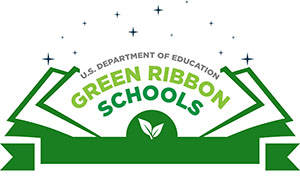

.webp)
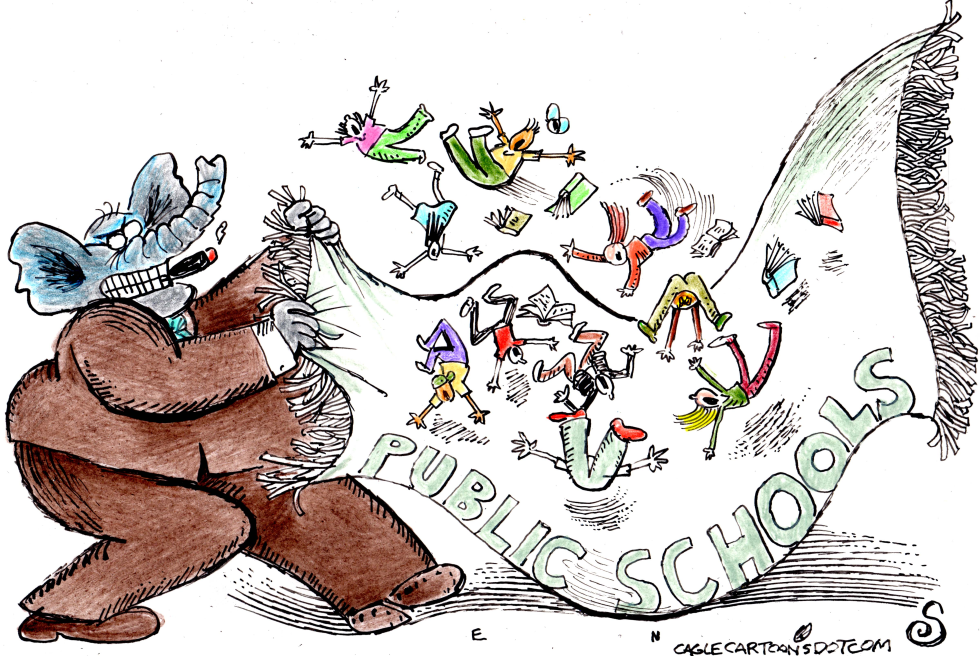






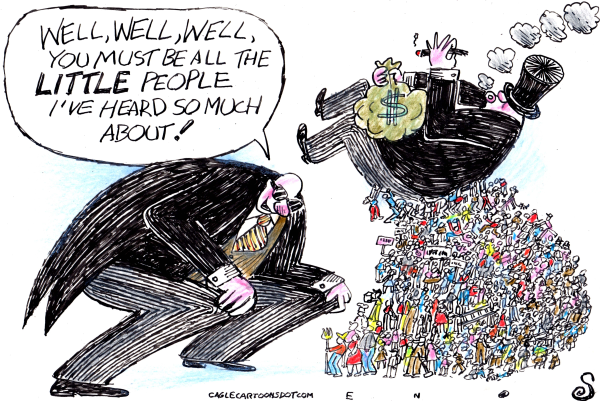

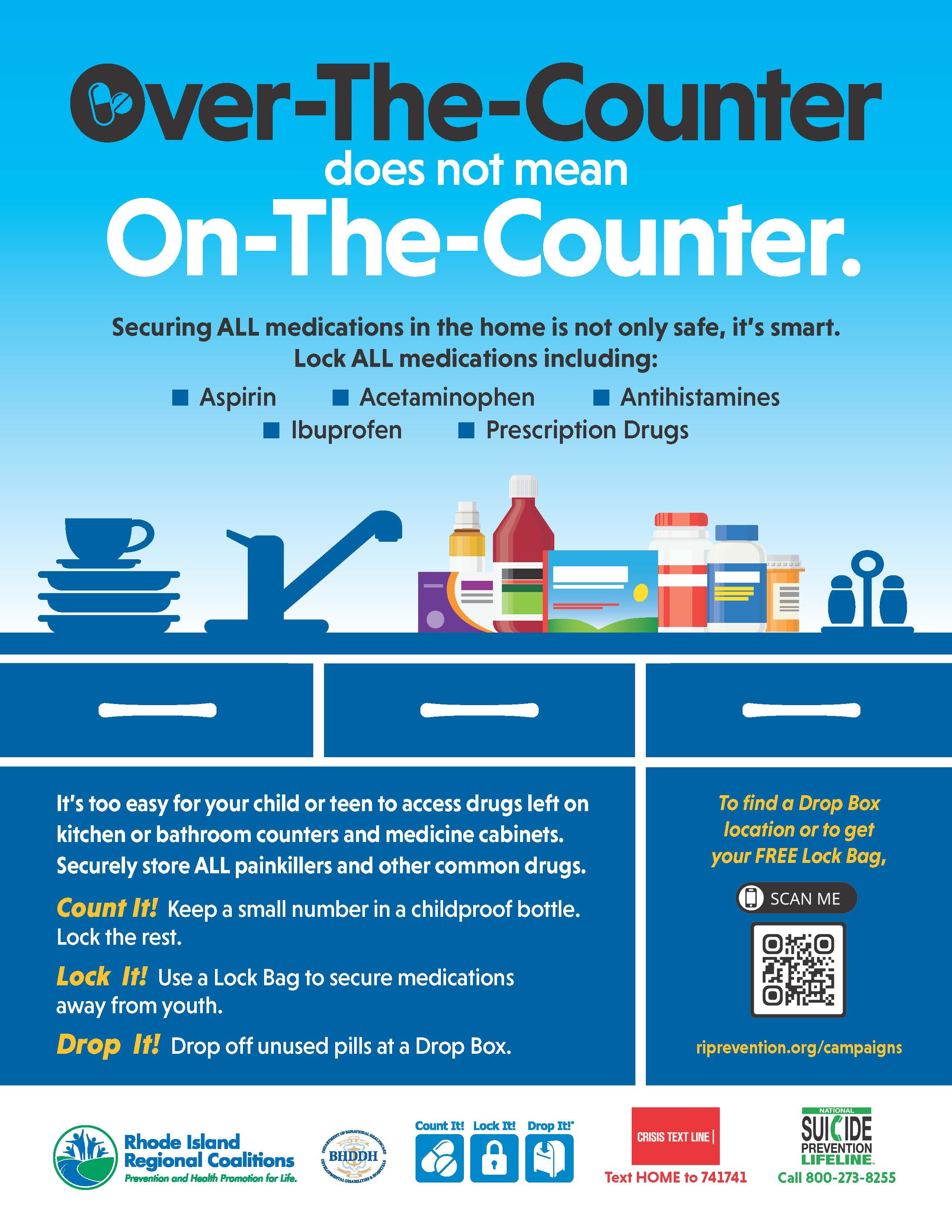
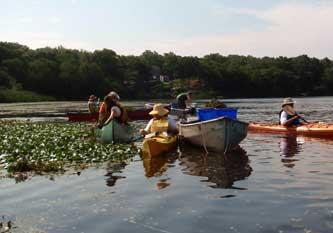













.webp)
